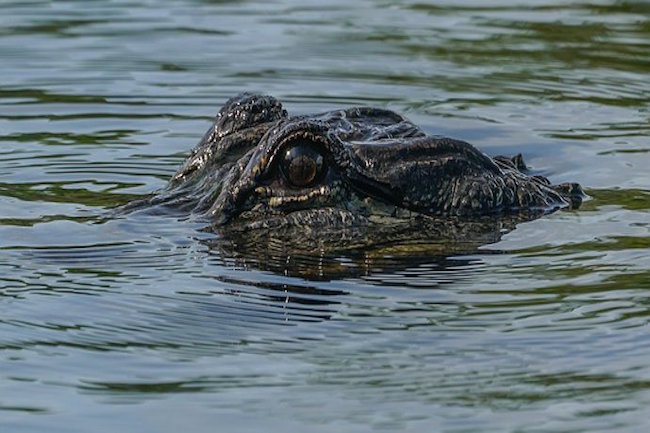My Trip To The Southern Border Revealed The Real Crisis Is Congress’ Apathy By Rachel Bovard for The Federalist
On a recent trip to the border, agents told me stories of human misery and brutality, one anecdote at a time, saying, ‘We don’t have humanitarian crises; We have policy crises.’
McALLEN, Texas — As Washington, D.C., was navigating impeachment drama on a recent Tuesday, giant diggers along the Rio Grande were moving around mountains of dirt, continuing to add new sections to a wall along the southern border.
Several of us stood watching in the gusty south Texas wind as the cement was poured and looming steel bollards were snapped into place. The new construction was creeping slowly toward its older counterpart, the section of wall built following the passage of the Secure Fence Act in 2006.
Influx Affects American Landowners Near the Border
As I chatted with the Border Patrol agents responsible for overseeing construction, a group of Rio Grande Valley landowners joined us — farmers, ranchers, and water district managers whose land the wall’s construction would affect. Outfitted in work clothes, cowboy hats, and boots, they are life-long residents of the Rio Grande Valley. Nearly all of them have followed their fathers into generational farming and ranching. Ruperto Escobar, from Starr County, is still farming the same 75 acres his ancestors acquired when they arrived from Spain in 1767.
They are just some of the U.S. citizens our country is struggling to protect. They live and work along the Rio Grande, dealing with illegal crossers trampling their crops, cartels running active smuggling operations directly through their property, and diseased Mexican cattle wandering across the border and prompting repeated ranch quarantines.
They routinely deal with incursions from Border Patrol officers, and for some, their land is now home to giant aerostats. These giant, blimp-like surveillance tools have diminished but not eliminated the criminal activities. Othal Brand, head of the Hidalgo County Water Improvement District 3, describes the “splash downs” that occur with some regularity: An SUV, cleared of all seats except one, is packed full of drugs and driven at bracingly high speeds directly through their farms and into the river. Swimmers from the Mexican side of the bank immediately fan out, collecting the drug parcels and ferrying them to land as the car sinks to the bottom of the Rio Grande.
The Environmental Protection Agency requires Border Patrol to remove these cars from the river. They recently removed five.




